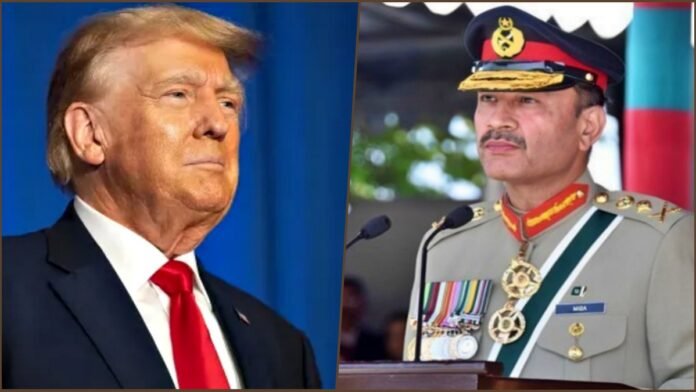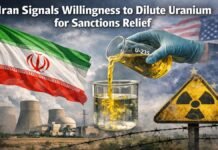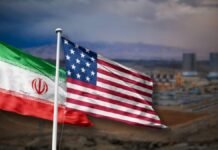
Key Points
- US President Donald Trump recently hosted Pakistan’s Field Marshal General Asim Munir at the White House amid the escalating Israel-Iran conflict.
- Former Pentagon official Michael Rubin claims the US may plan to transfer Iranian nuclear materials to Pakistan if Iran’s nuclear program is dismantled.
- Rubin suggests Trump’s outreach to Pakistan is driven by strategic interests against Iran, not genuine friendship.
- Pakistan’s growing alignment with China raises concerns about Beijing’s indirect involvement and interests in the region.
- China’s main worry is the security of its oil supply through the Persian Gulf, which could be threatened by prolonged conflict.
New Delhi: As the world watches the escalating conflict between Israel and Iran, a high-profile meeting at the White House has captured global attention. US President Donald Trump formally invited Pakistan’s powerful Field Marshal General Asim Munir for a rare lunch meeting, signaling a potential shift in regional alliances and strategic calculations.
While official statements described the meeting as a gesture of goodwill, analysts believe it carries far deeper significance given the timing and the ongoing military operations against Iran.
US May Seek Pakistan’s Help with Iran’s Nuclear Materials
Michael Rubin, a former Pentagon official and senior analyst at the American Enterprise Institute, has stirred debate with his recent claims about the Trump administration’s intentions. According to Rubin, the US is actively engaging Pakistan because, in the event of Iran’s nuclear program being dismantled or seized, Washington may need a secure location to store or transfer sensitive nuclear materials and Pakistan could be the chosen destination.
Rubin explained, “Trump and US Central Command are courting Pakistan not out of genuine friendship, but out of necessity. If Iran’s nuclear assets are removed, the US will need a place to store them, and Pakistan with its existing nuclear infrastructure might be the most feasible option.”
Strategic Cooperation and Geopolitical Calculations
The prospect of US-Pakistan cooperation against Iran is raising eyebrows among security experts. Rubin emphasized that Trump’s overtures to Islamabad are purely transactional, aimed at achieving American objectives in the region. “Calling Pakistan a friend is just diplomatic language. The real motive is to secure US interests as the situation with Iran evolves,” he said.
China’s Shadow Over Pakistan’s Role
Rubin also highlighted Pakistan’s deepening ties with China, warning that Islamabad is increasingly acting as a “proxy” for Beijing. He speculated that General Munir’s visit might have included passing secret messages from China to the US, especially given Beijing’s critical reliance on oil shipments through the Persian Gulf and Strait of Hormuz.
“If the Iran-Israel war drags on, China stands to lose the most due to potential disruptions in its oil supply. Pakistan, as China’s close ally, could be playing a dual role serving both American and Chinese interests,” Rubin noted.
What’s Next?
With the Israel-Iran conflict threatening to reshape Middle Eastern geopolitics, the US is clearly seeking new partners and backup plans. Pakistan’s strategic location, nuclear experience, and ties to China make it a pivotal player in any post-conflict scenario involving Iran’s nuclear assets.


















































